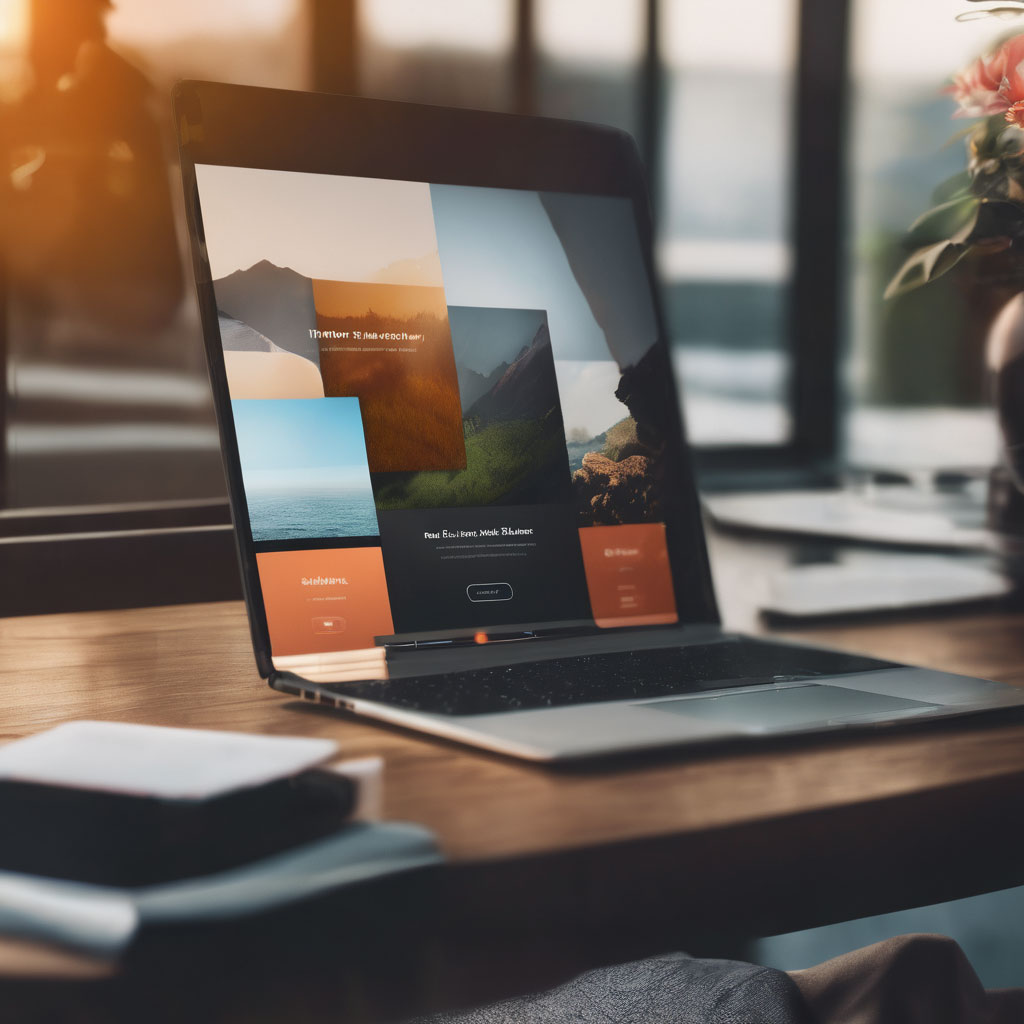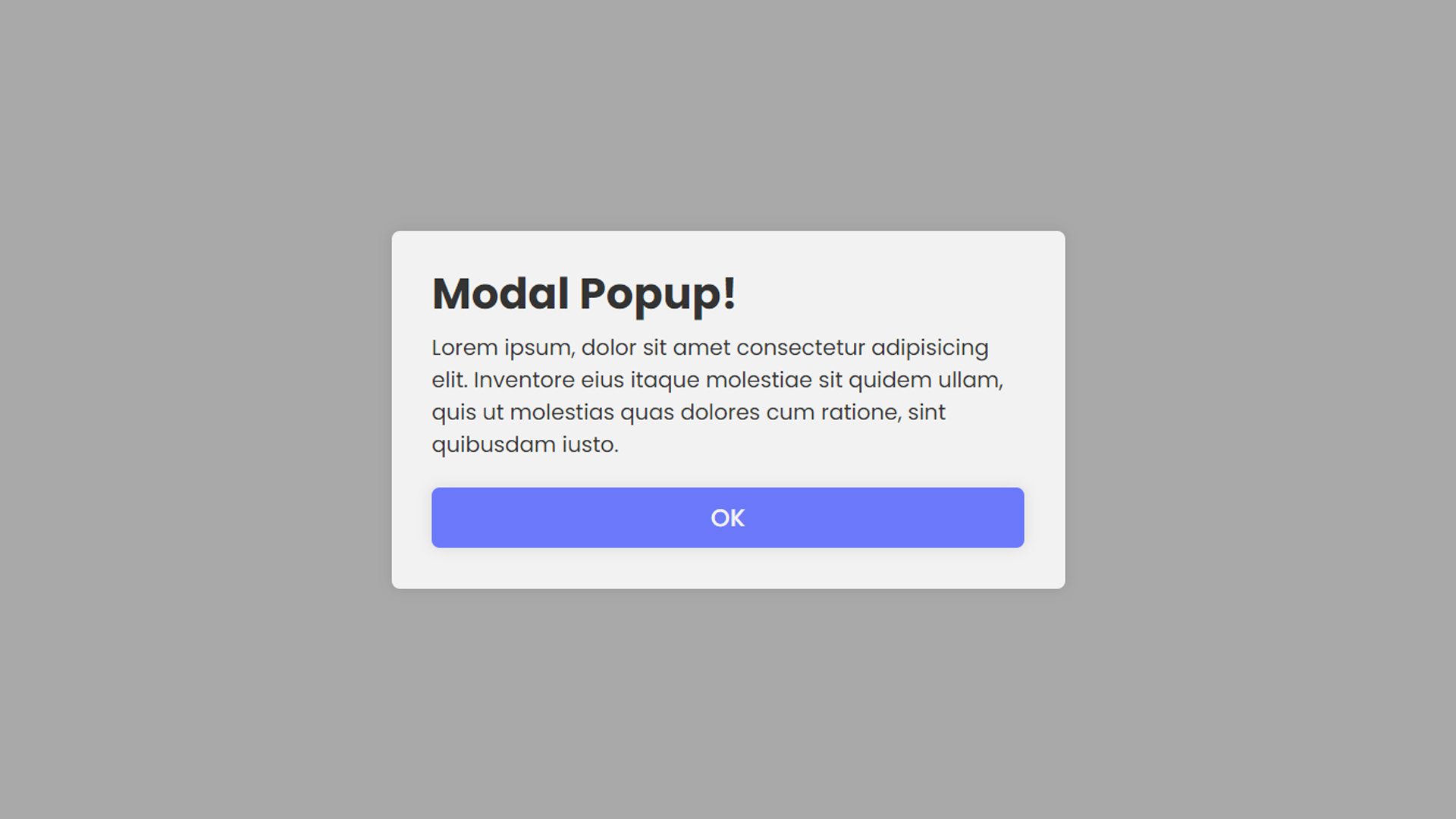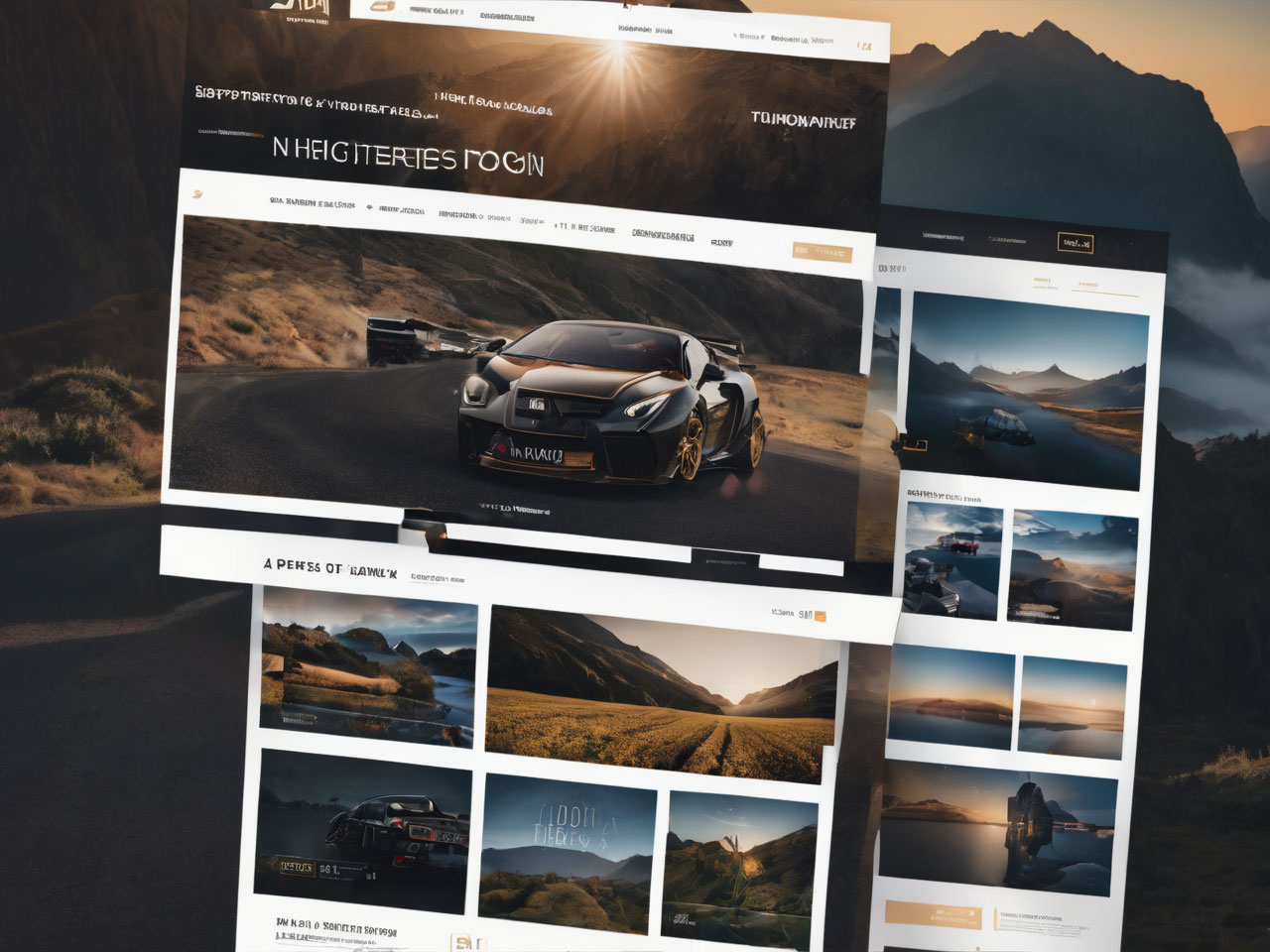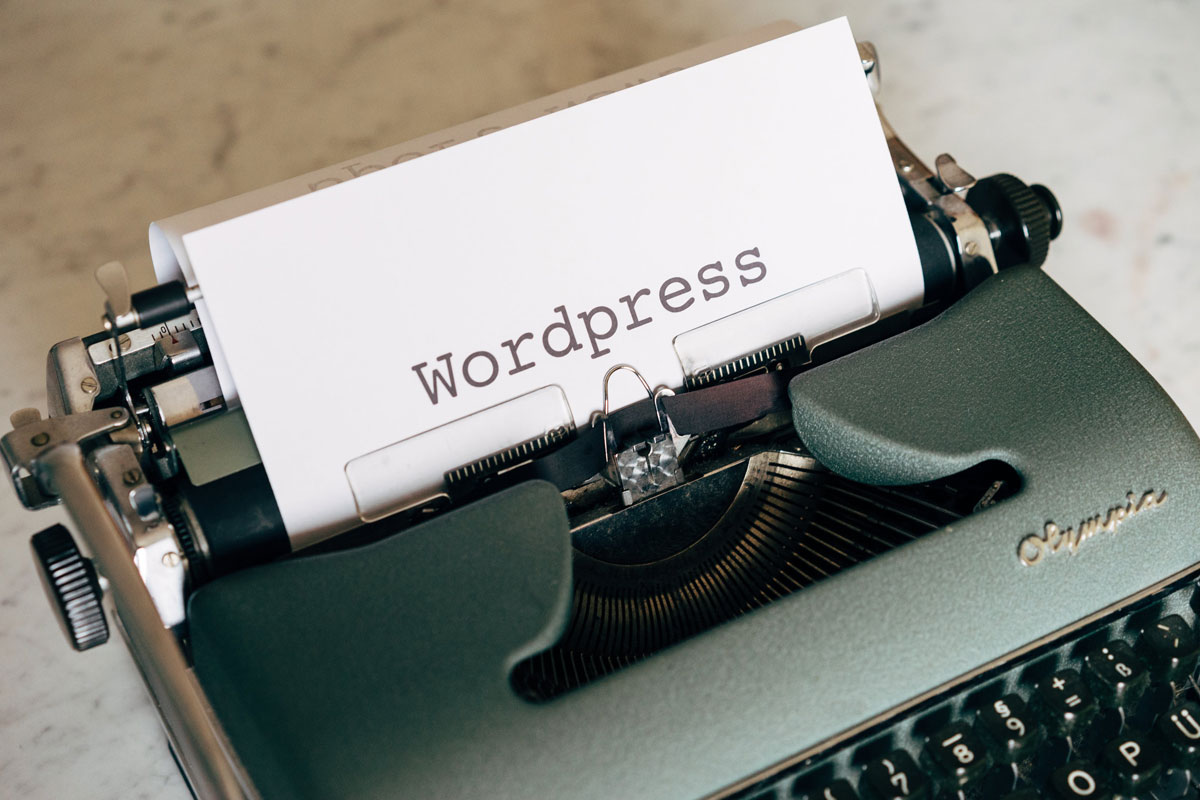In the ever-evolving digital landscape, a one-size-fits-all approach to web design no longer suffices. To stand out in the virtual realm, businesses and individuals are turning to custom website design. This article will explore what custom website design entails, its importance, key elements, and the benefits it offers.
What Is Custom Website Design?
Custom website design is the process of creating a unique and tailor-made online presence. Unlike pre-made templates or generic themes, custom design focuses on building a website from the ground up, taking into account the specific needs and goals of the client.
The Importance of Custom Website Design
- Uniqueness: Custom designs stand out in a sea of websites. They reflect your brand identity and leave a memorable impression on visitors.
- Optimized User Experience: With custom design, you can create a website that caters to your target audience’s preferences and needs, resulting in a more engaging user experience.
- Scalability: Custom websites are flexible and scalable, allowing you to adapt to changes in your business or project.
- Enhanced Performance: Tailoring your website design can lead to better performance, including faster loading times and improved SEO.
Key Elements of Custom Website Design
When embarking on custom website design, several key elements come into play:
1. Visual Identity
Your website should reflect your brand’s visual identity, including colors, fonts, and imagery that resonate with your audience.
2. User Experience (UX) Design
Creating a seamless, intuitive, and enjoyable user experience is a core element of custom design.
3. Content Strategy
Tailoring your content to your audience’s needs and preferences is crucial. This includes text, images, videos, and other media.
4. Functionality
Custom websites are often designed to have specific functionalities that align with your business goals, such as e-commerce features or interactive tools.
5. Responsiveness
Ensuring your website functions well on various devices, from desktops to mobile phones, is essential for broad accessibility.
Benefits of Custom Website Design
1. Brand Distinction
Custom design sets you apart from competitors and establishes a unique online brand presence.
2. Improved Conversion Rates
A well-designed custom website is optimized for conversions, whether that means making a sale, gathering leads, or achieving other goals.
3. SEO-Friendliness
Custom websites can be built with SEO in mind, improving your visibility in search engine results.
4. Adaptability
Your website can evolve with your needs and incorporate new features as your business grows.
The Process of Custom Website Design
Creating a custom website involves several steps, including:
- Discovery: Understanding your business, goals, and target audience.
- Design and Prototyping: Creating visual mockups and prototypes to visualize the website’s look and feel.
- Development: Building the website using programming languages like HTML, CSS, and JavaScript.
- Testing: Ensuring the website functions correctly, is responsive, and works on various browsers and devices.
- Launch: Deploying the website for public access.
- Maintenance: Regular updates and maintenance to keep the site secure and up to date.
Conclusion
In a digital world saturated with websites, custom website design has become a beacon of distinction. It’s a strategic approach that not only creates a unique online identity but also delivers a superior user experience, scalability, and performance. By focusing on visual identity, user experience, content strategy, functionality, and responsiveness, you can harness the full potential of custom web design to achieve your online goals.
Whether you’re a business looking to enhance your online presence or an individual with a passion project, custom website design can be the key to unlocking your digital success.
FAQs
1. What is custom website design?
Custom website design involves creating a website from scratch, tailored to the specific needs, goals, and brand identity of the client.
2. Why is custom website design important?
Custom design sets you apart, enhances user experience, offers scalability, and can lead to better website performance.
3. What are the key elements of custom website design?
Key elements include visual identity, user experience design, content strategy, functionality, and responsiveness.
4. How does custom website design benefit my brand?
Custom design creates a distinct online brand presence, improves conversion rates, and can be tailored for SEO.
5. What is the process of custom website design?
The process involves discovery, design, development, testing, launch, and ongoing maintenance to keep the website up to date and secure.













